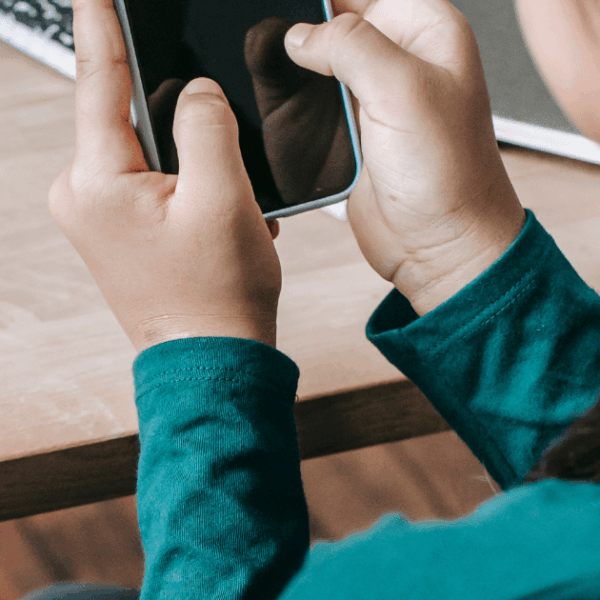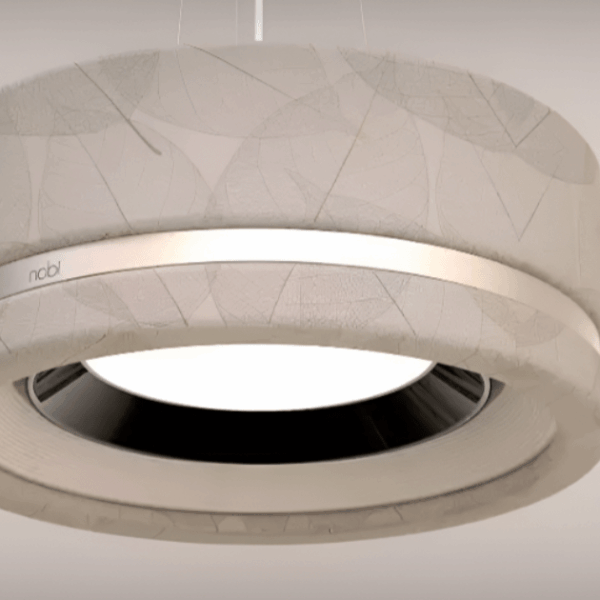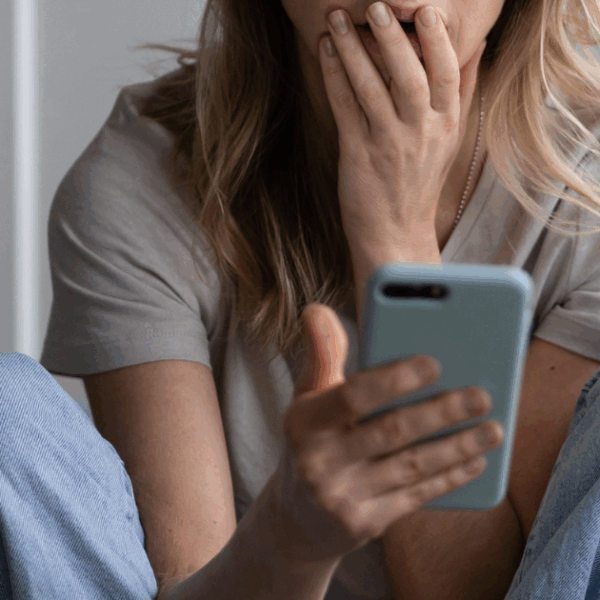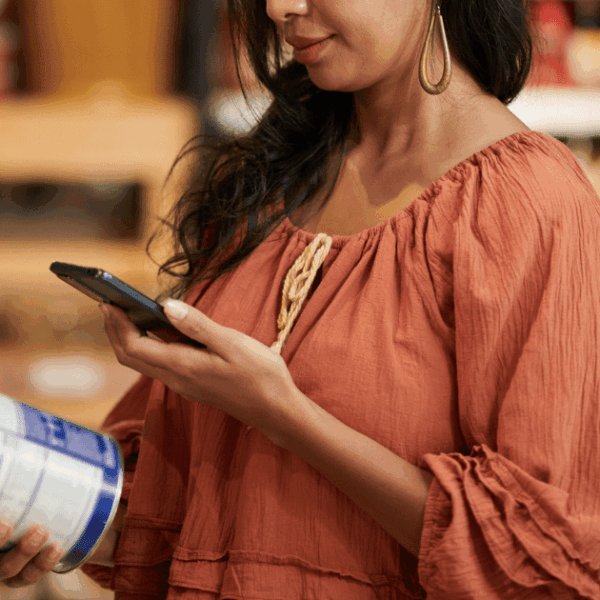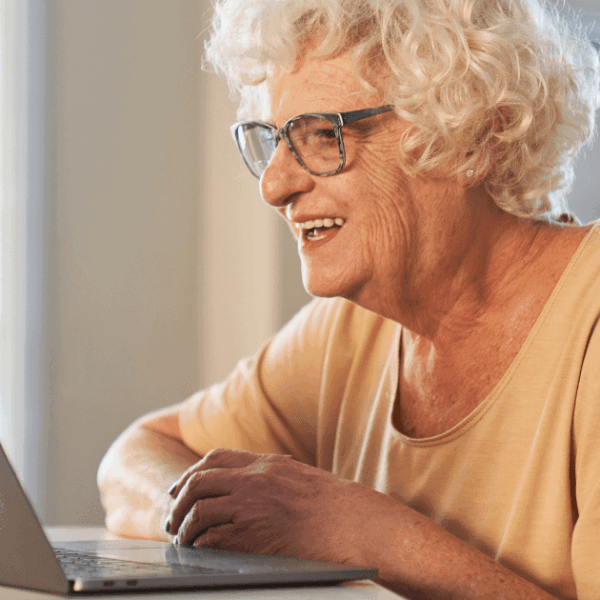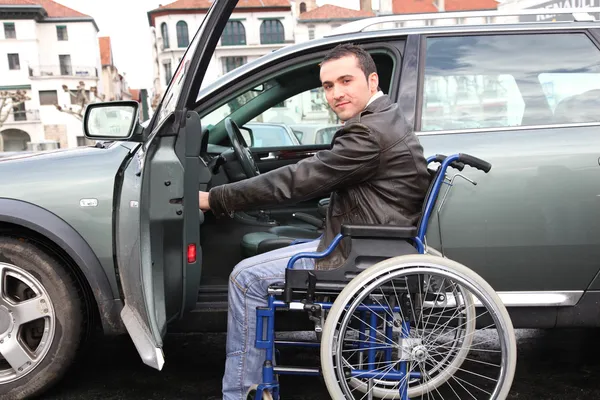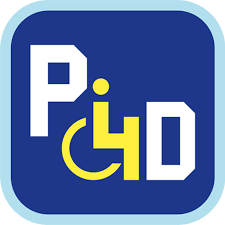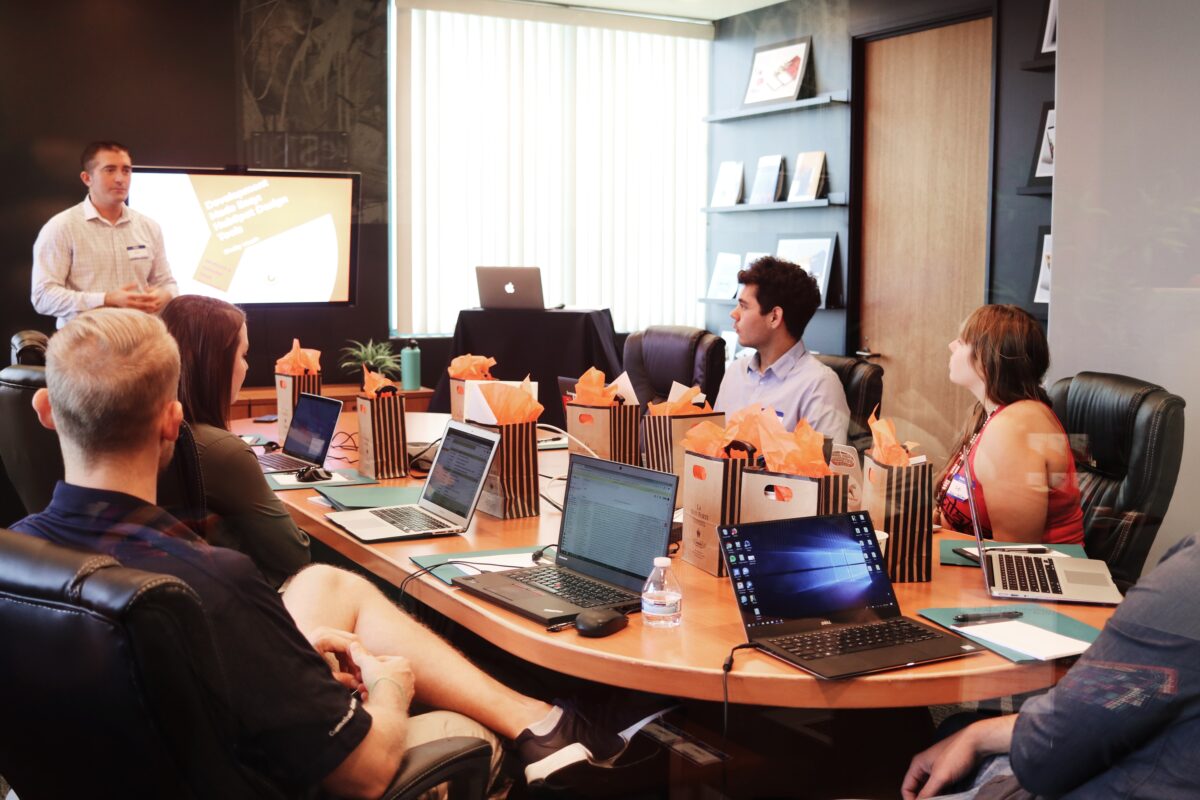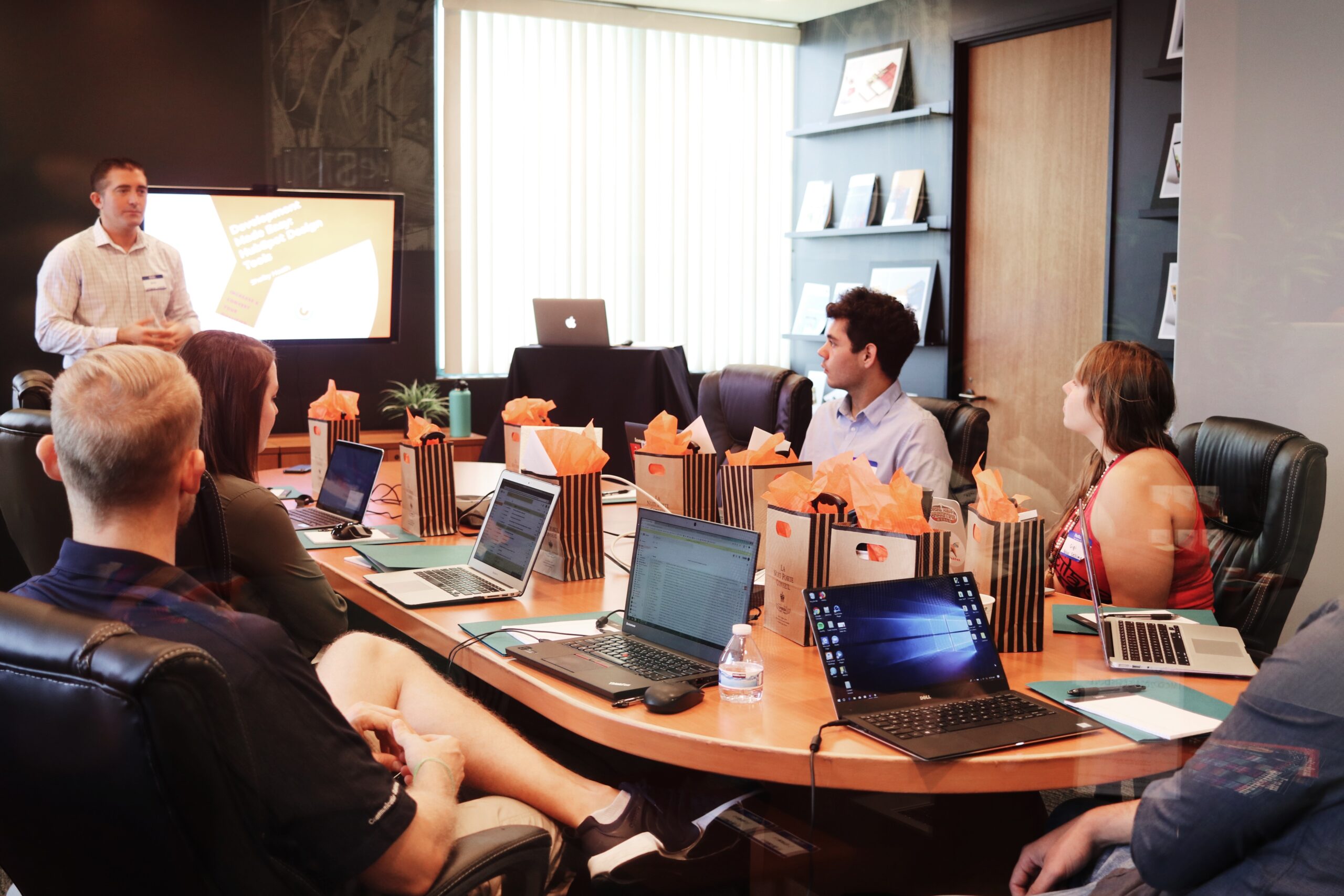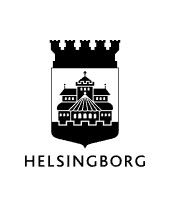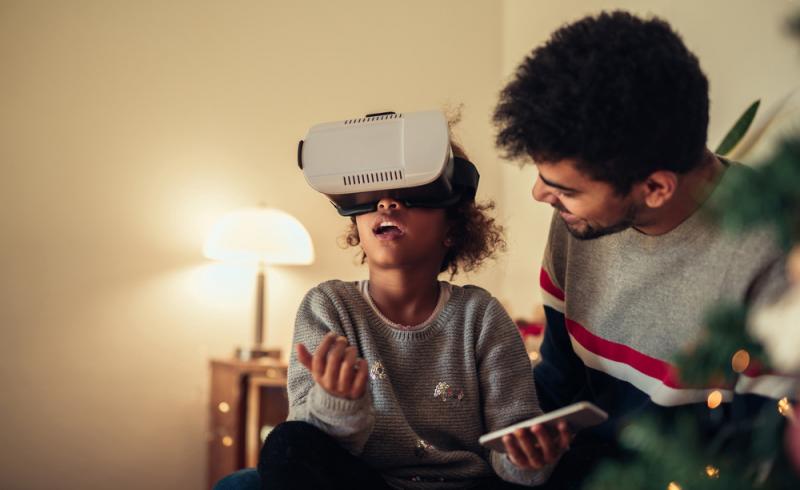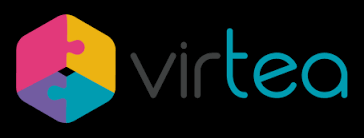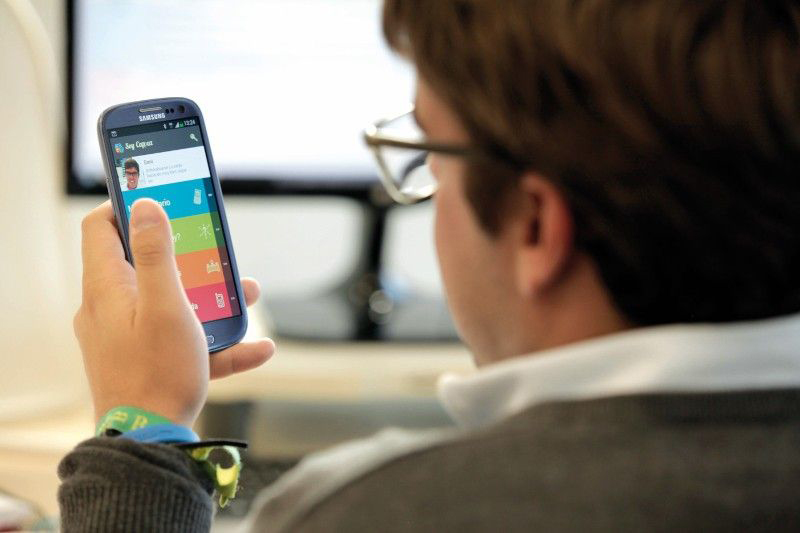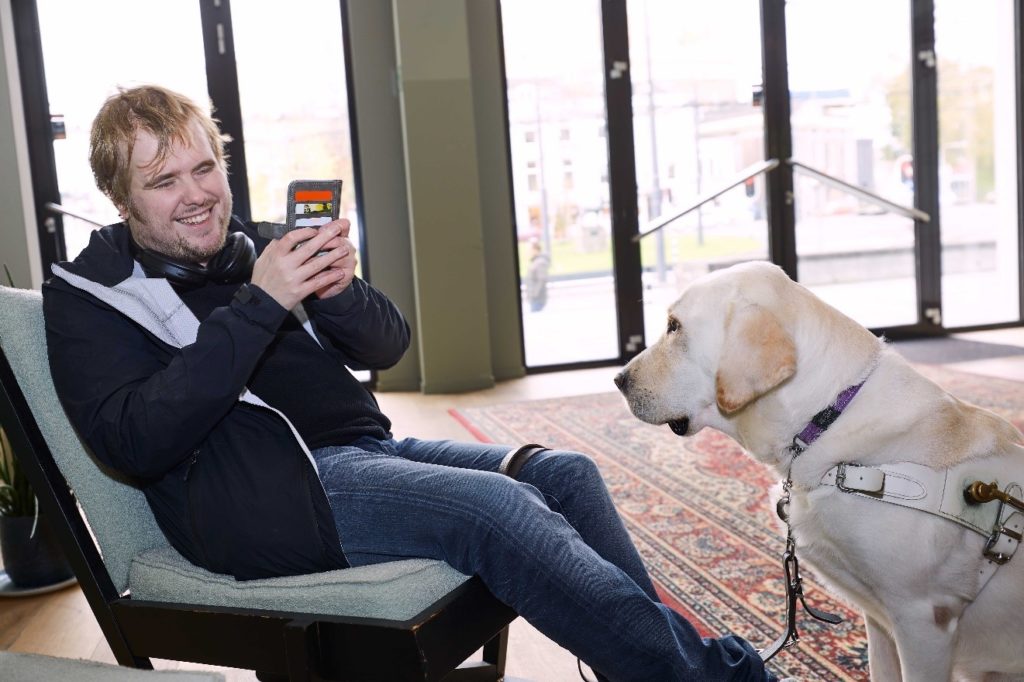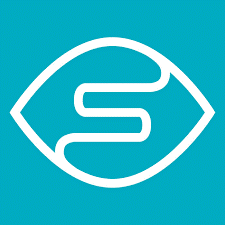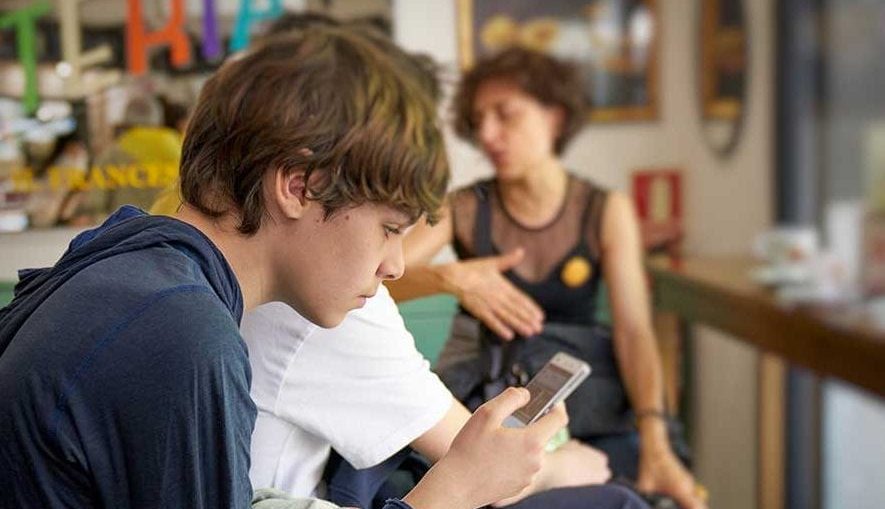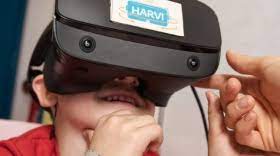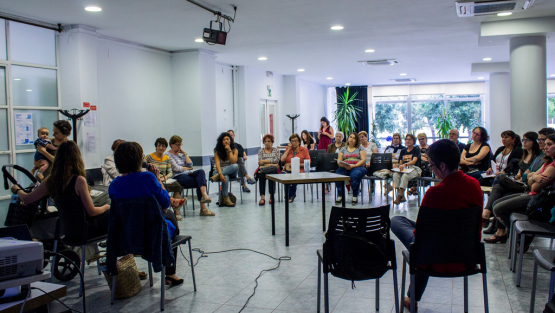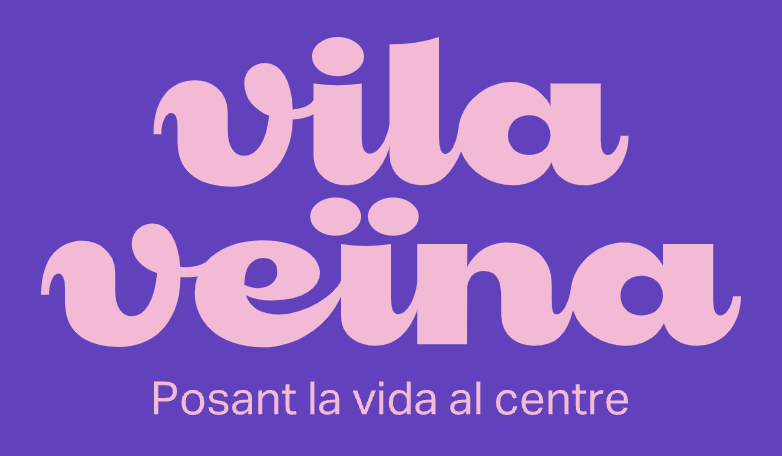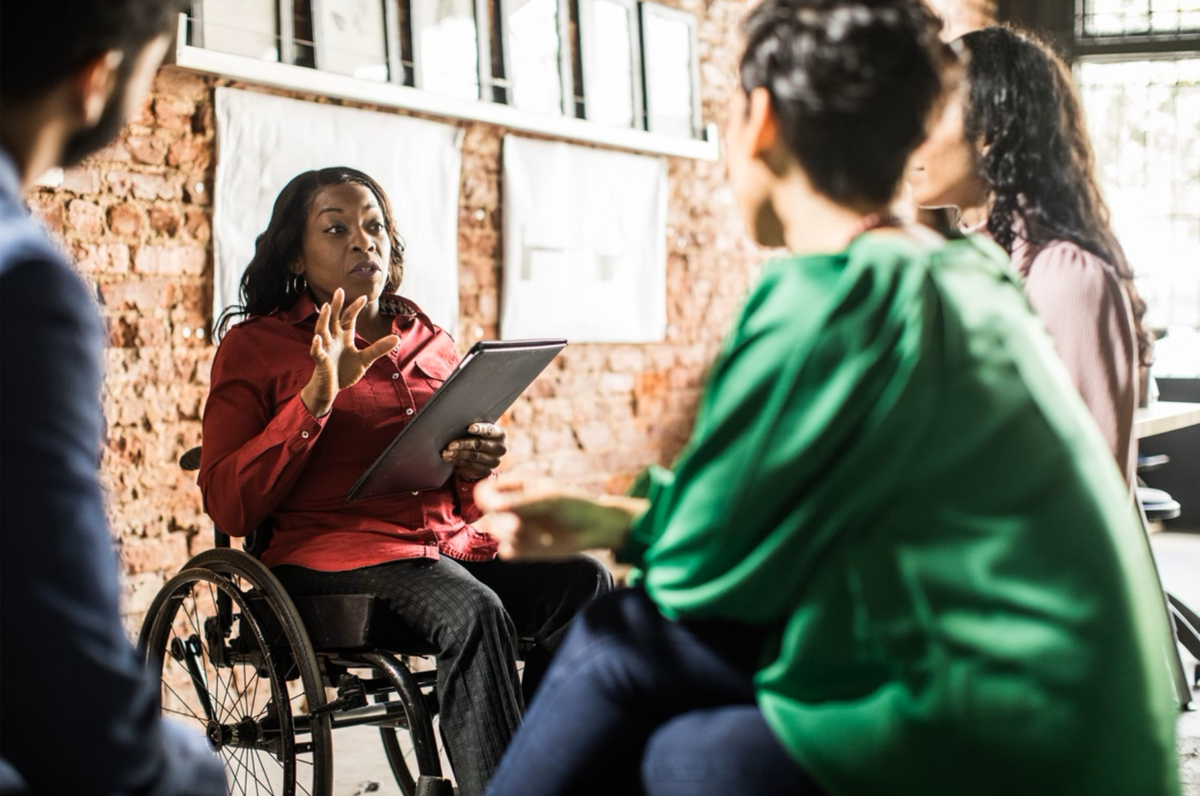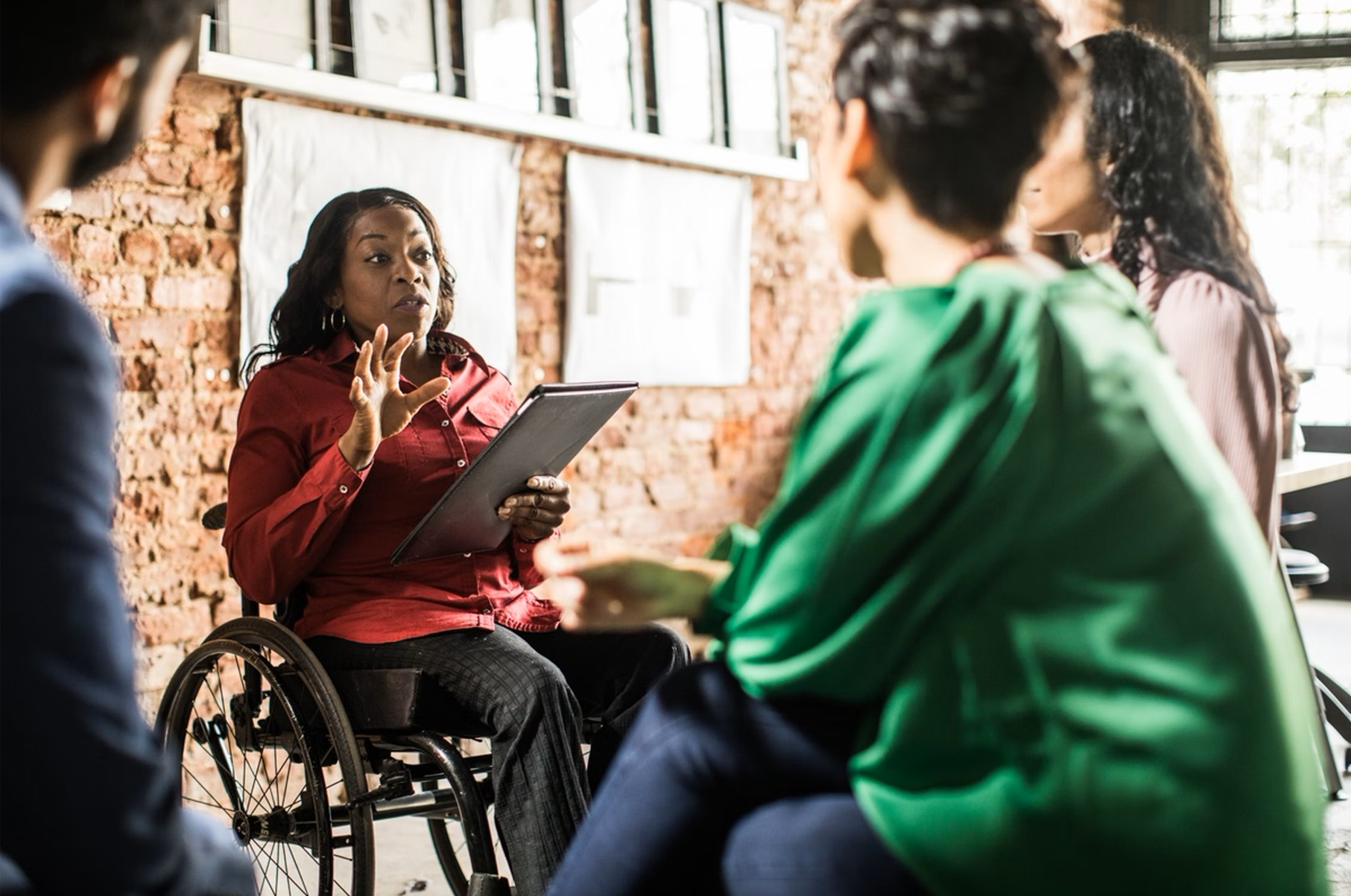Espai Obert, an alternative service to institutionalization for people with severe psychosocial disabilities.
Espai Obert, an alternative service to institutionalization for people with severe psychosocial disabilities.
Fundació Support-Girona Foundation and Healthcare Assistance Institute (IAS)
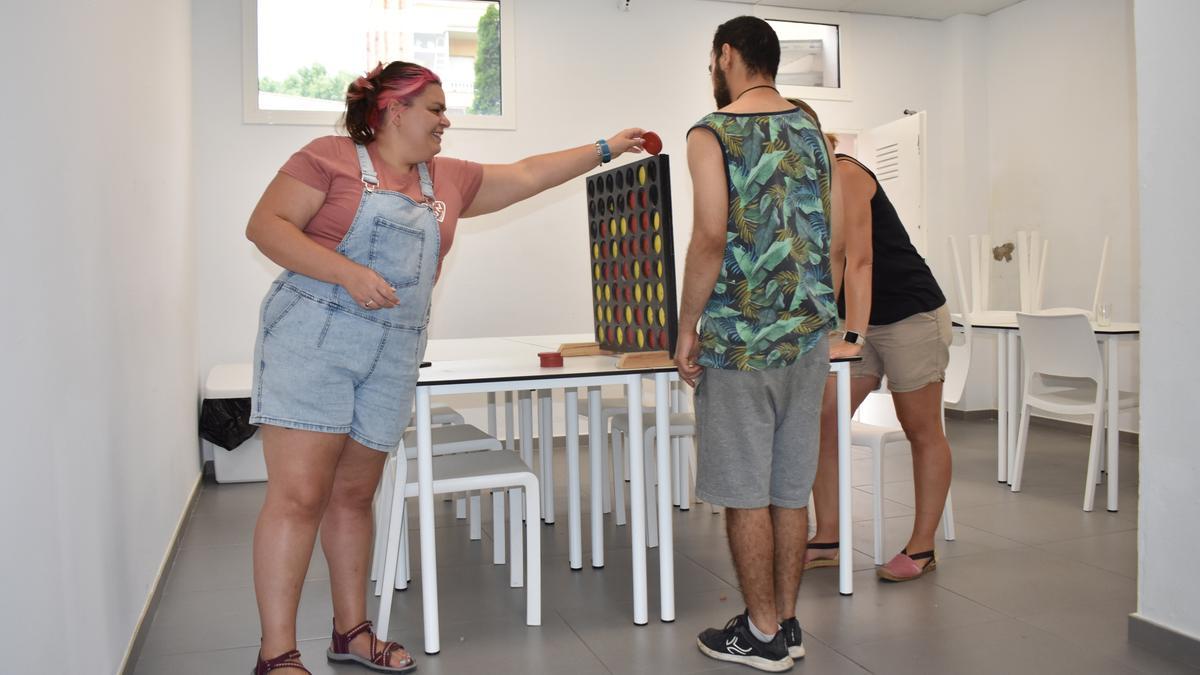
Alternative resource to institutionalization for people with severe psychosocial disabilities, which offers them social and health support based on the pact and their free will to use the services of the facility.
It is aimed at people who are in a situation of social exclusion and even homelessness, due to mental and behavioral disorders or substance abuse problems, and who have no family or social support or financial resources,
Espai Obert aims to reduce the stigma of these people and overcome the barriers that stand in the way of their social and community inclusion. The intervention methodology is based on low demand and free use.
As a first phase of intervention, the aim is to cover the basic needs of hygiene and food. Therefore, the service is equipped with a kitchen, living and dining room, washing machines, patio and shower and hygiene areas, and the users participate in the routines of the center (preparing meals, laundry, taking care of the garden…). Once this first phase has been achieved, a bond of trust is built, in order to work on the development, skills and well-being of each person, as well as socialization with other people in the space and other resources in the area.
This pioneering intervention model is one of the tools to be deployed in Catalonia in the process of reconversion and transformation of long-stay psychiatric hospitalization with functional recovery and life project units based on the successful experience of the counties of Girona, where in 2004 the long-stay psychiatric hospital in the former Salt Psychiatric Hospital was closed, generating a network of community mental health and addiction services, with alternative resources.
Characteristics of innovation
Localization
Girona, Catalunya
Partners / Funders
Fundació La Caixa i Dipsalut
Genesis
The Espai Obert aims to be an alternative to long-term psychiatric hospitalization and other existing institutional resources for the support of people with psychosocial disabilities, seeking reconversion in the form of community and transformative services.
Level of implementation
The service is open from 8 am to 8 pm from Monday to Friday (and certain hours on weekends), and in 2 years more than 100 people have benefited from it.
In the first 6 months, 3,700 meals were served, and during the first year the average use of the space was between 13 and 19 people per month. By 2022 it has increased to 28 users per month. Ninety percent of the people who have used the space have gone from homelessness to living in decent housing.
Among the results of the intervention methodology, it is worth highlighting the achievement of medication follow-up, the reduction of involuntary admissions to psychiatric units, the acquisition of healthy habits and the socialization of the person. The average attendance of the users to the equipment is one year.
For all these reasons and for the innovative methodology, the Open Space was awarded in 2021 with the Innovation Award of the EASPD (European Association of Social Service Providers to People with Disabilities), and in December 2022 with the Cero Project Awards, one of the most prestigious international awards in the world of disability.


Banc d’innovacions

